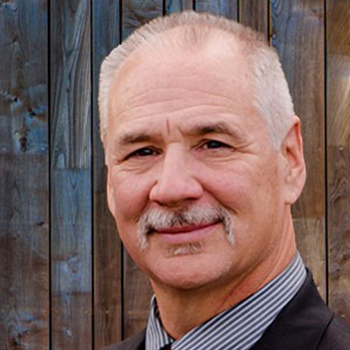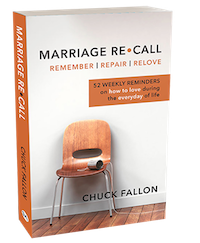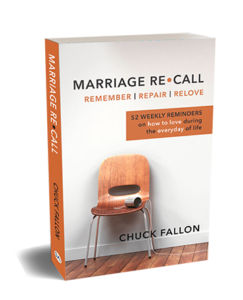Something happened to me recently that has never happened before. I’m not surprised that it happened at this stage in life – OK, I’m a little bit surprised. However, I am more intrigued by how often I have thought about this very brief, seemingly unimportant experience. Let me tell you about it.
On Sunday afternoons some of the youth and parents from my church have started playing Ultimate Frisbee. One recent Sunday I was actually on time, so I was there when the teams were chosen. I waited as the young, athletic ones were chosen. I waited as the older, athletic ones were chosen. I waited while the somewhat disinterested teen girls were chosen. I waited until the second-to-the-last person was chosen. It was obvious that I was the only one left, so the captain of my team didn’t even bother to pick me. The team just turned and walked away toward the field.
I was on the team by “default.”
I’m almost embarrassed to say that something inside of me sunk in that moment as it dawned on me – I wasn’t chosen. It was a silly pick up game of Ultimate Frisbee. But I wasn’t chosen. It’s just for the fun and the exercise. But I wasn’t chosen.
When I told some of my friends (who thought it was pretty funny, by the way!) they said, “I trust you made them regret that decision.” But I really didn’t. I played poorly. I mean, I’m slow and not in great condition, but I have always been solid at catching and throwing. I did neither well that afternoon. I felt a lack of confidence that I hadn’t felt in a long time, and it felt really bad.
As a marriage coach and a counselor I see this played out often in relationships, where spouses treat each other like a default partner. It is obvious that the choice has already been made. We’ve already said our vows and embarked on the journey. So we turn and walk away, assuming that our default partner is following right behind. Maybe he or she is, but the motivation is probably waning. A chosen teammate will always have more energy and contribute more than a default partner – always!
How long has it been since you communicated to your partner, “I choose you”? I want to encourage you that with a little bit of effort you can help a default partner feel like a chosen teammate, and the results may astound you!
How do we communicate this? I think I’m choosing Jan when I make the bed, because it matters more to her than it does to me. I am choosing her when we have coffee each morning to start our day, or go for walks to get some exercise and talk. I choose her when I pick up a card for no special reason. One of the keys to choosing is the initiative. Whether we are talking about intimacy or doing chores, Jan is more likely to feel chosen if I initiate. And when she feels chosen, she is more content and engaged.
I was working with a couple who taught me a good lesson. In her frustration the wife said, “When he returns home from work he looks forward to seeing the dog more than seeing me.” He responded, “The dog is happier to see me.”
If you’re in a funk and feeling some distance from your spouse, begin at the beginning. Meet each other with a smile and a warm greeting. If you begin with a sense of being chosen you open up the interactions to a world of possibilities! You’ll build anticipation. You and your spouse will begin to look more forward to reconnecting after a night’s rest or a day of work. Now momentum is working for you, rather than against you.
Early in our marriage I saw a bumper sticker that said, “A bad day golfing is better than a good day at work.” I think this guy was a better golfer than me, because I remember some pretty bad days on the golf course! But the truth of that saying hit me. I am always excited when I go golfing because there may be an amazing double-breaking 50-foot downhill putt waiting to be made; or an awesome 300+ yard drive to be hit. You get the idea.
We get energized because of the possibilities in life, those moments of glory that make our hearts pound and our faces light up with laughter and cheer.
Jan and I adapted this message for our marriage this way, “A bad day with you is better than a good day without you.” Our days together are better because we have the possibility of deep connection, of joys discovered, and memories being created, even if we are wrestling with tough issues like parenting, finances, or intimacy.




